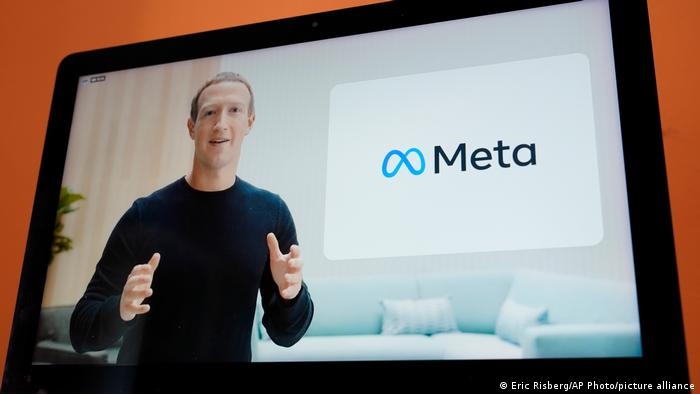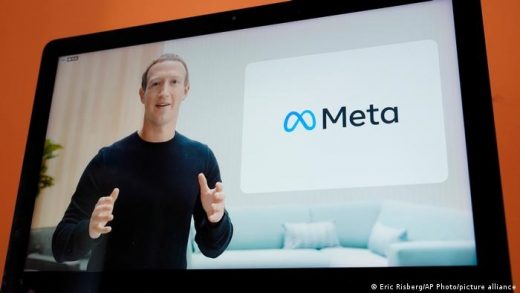The New Company We Already Love To Hate: Meta
The New Company We Already Love To Hate: Meta

So the name is now Meta — Mark Meta. It isn’t of course, it’s just Meta, the new corporate entity that owns Facebook, Instagram, WhatsApp, Oculus and some other bits and pieces. But the name selection is clearly driven by CEO Mark Zuckerberg’s next vision, in which he will move billions (both people and money) on the globe into Meta’s metaverse. And given how well social media has worked out, we have nothing to worry about…
What’s really sad is that there’s very little we can do to steer Meta’s vision or ambition. The only thing that could possibly disrupt Meta’s development into (virtual) reality is cutting off its money supply. That would mean cutting off ad income.
If you recall, the last time marketers tried that tactic, it had no impact on Facebook’s ability to earn money. In the summer of 2020, big corporate names like Unilever, Ford, Starbucks and Coca-Cola and others stood up publicly and cut of their ad spend to zero in response to Facebook’s unwillingness to clean up its act on all things bad like hate speech, misinformation, misogyny, scams and so much more.
The advertisers’ ad spend went to zero, but sadly, the impact on (then) Facebook’s bottom line was also zero. The movement fizzled, as so many do so often.
The advertisers could claim the moral high ground by saying they had reacted. Facebook made all the right noises about “listening” and “investing” to do better. The world moved on and one year later, in the summer of 2021, we learned that not only had the financial impact been zero, but the lessons learned were also zero.
The Facebook papers, as initially published by The Wall Street Journal, showed that right through the national advertisers’ Ban Facebook movement, all of the bad behaviors were not only continued, but they were in fact actively safeguarded and protected to ensure income and bottom-line profitability.
That’s because the big national advertisers do not matter to Facebook’s bottom line. It doesn’t matter if Ford or Coca-Cola likes or even uses Meta’s platforms to advertise. Meta does not care if its platforms can build brands or deliver marketing ROI to Ford or Starbucks, because their ad dollars do not matter.
I am sure going forward Meta will play nice, say the right things about marketing, sprinkle a little money into measurement, dispatch Nicola Mendelsohn (vice president for the global business group for Meta) to an Association of National Advertisers or Interactive Advertising Bureau conference, and so on. But what they will do first and foremost is ensure that the actual firehose of ad dollars is never, ever threatened.
That firehose is not governed by the IAB, overseen by the ANA, scrutinized by the members of the 4 A’s (American Association of Advertising Agencies) or dissected by the ARF (Advertising Research Foundation). It is governed purely by data and greed.
As long as your neighbor keeps angrily posting or commenting on the mask mandate of the local school counsel, Meta’s future ambitions are safe. As long as your crazy uncle keeps reposting anti-vaccine rhetoric, Meta’s metaverse can and will be built. As long as Facebook (the platform) allows questionable content to flourish because that is what drives the most traction, Meta’s future is secure.
It’s sad to see that the original promise of first the internet itself, and then social media as a later development, has delivered the complete opposite of its original, probably naïve unrealistic ideals.
Welcome to our vocabulary, Meta.
(33)


